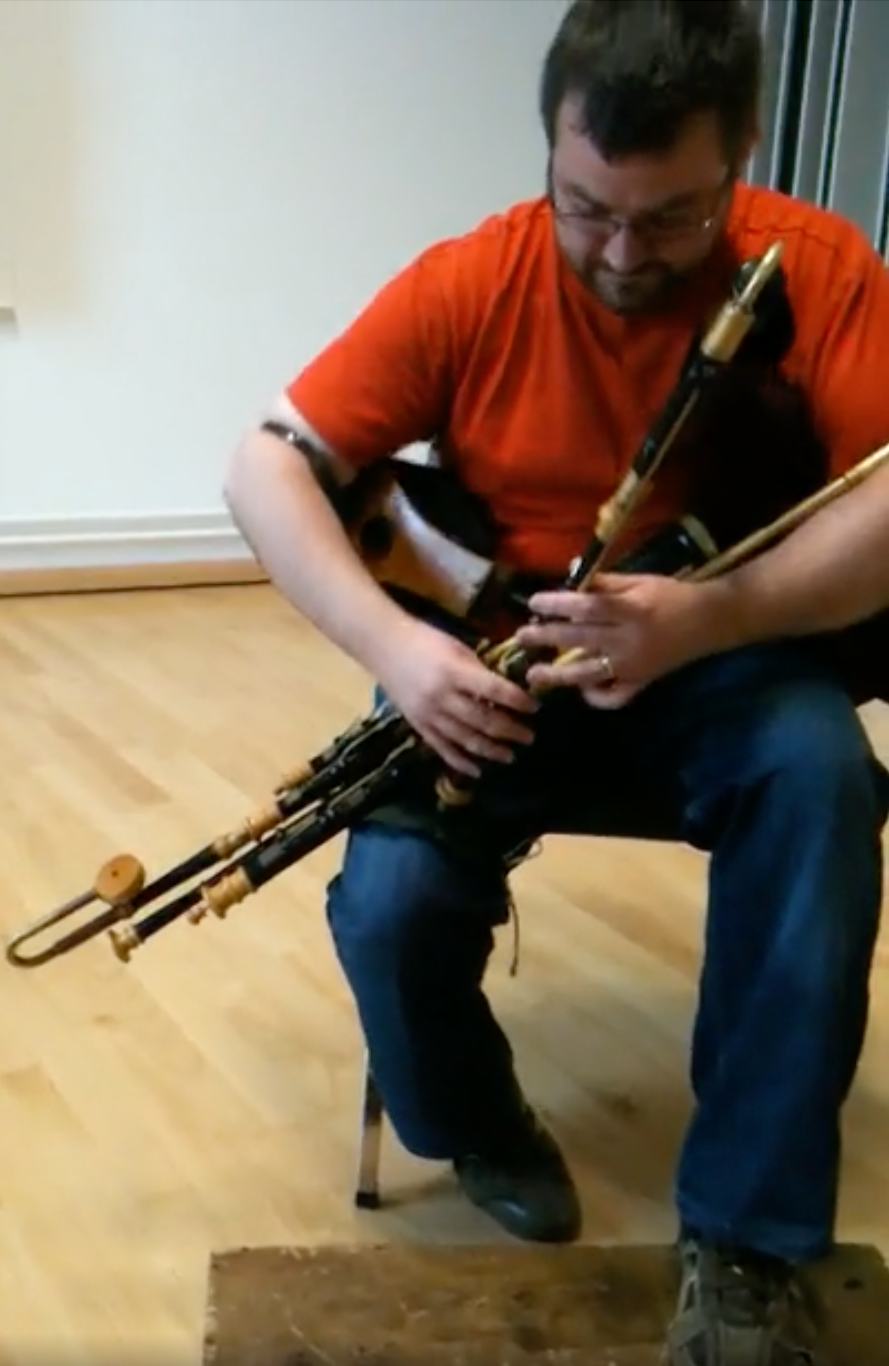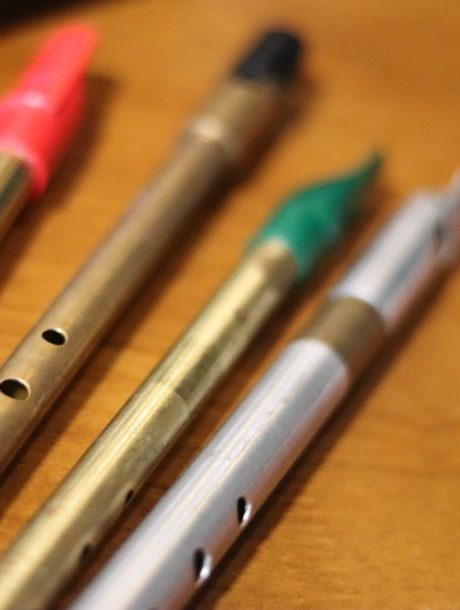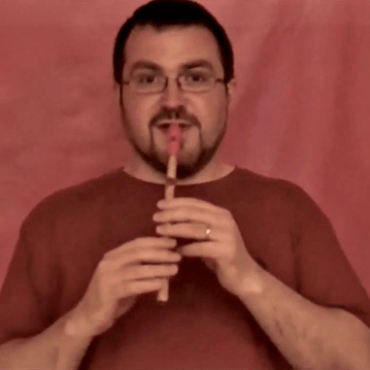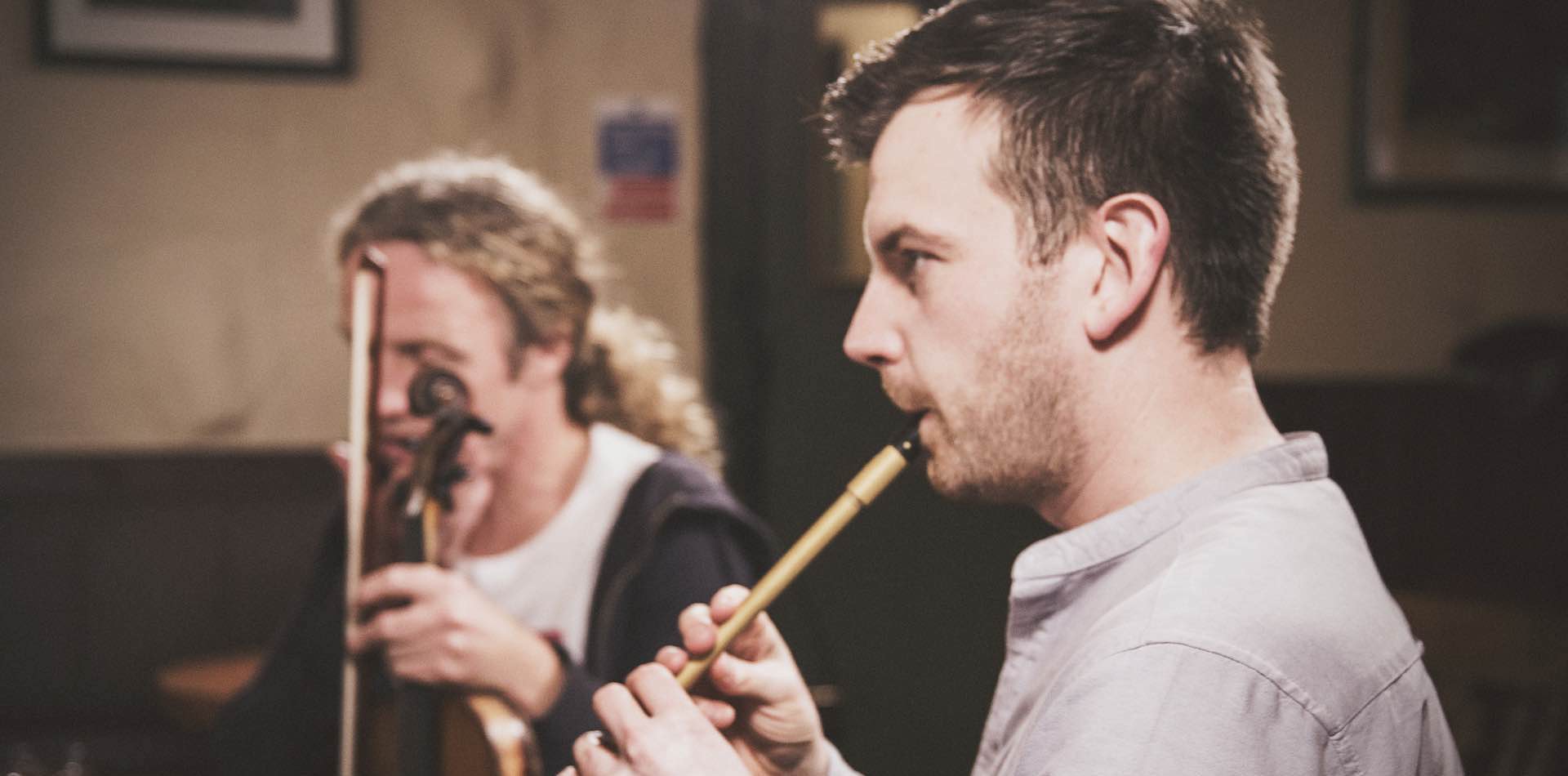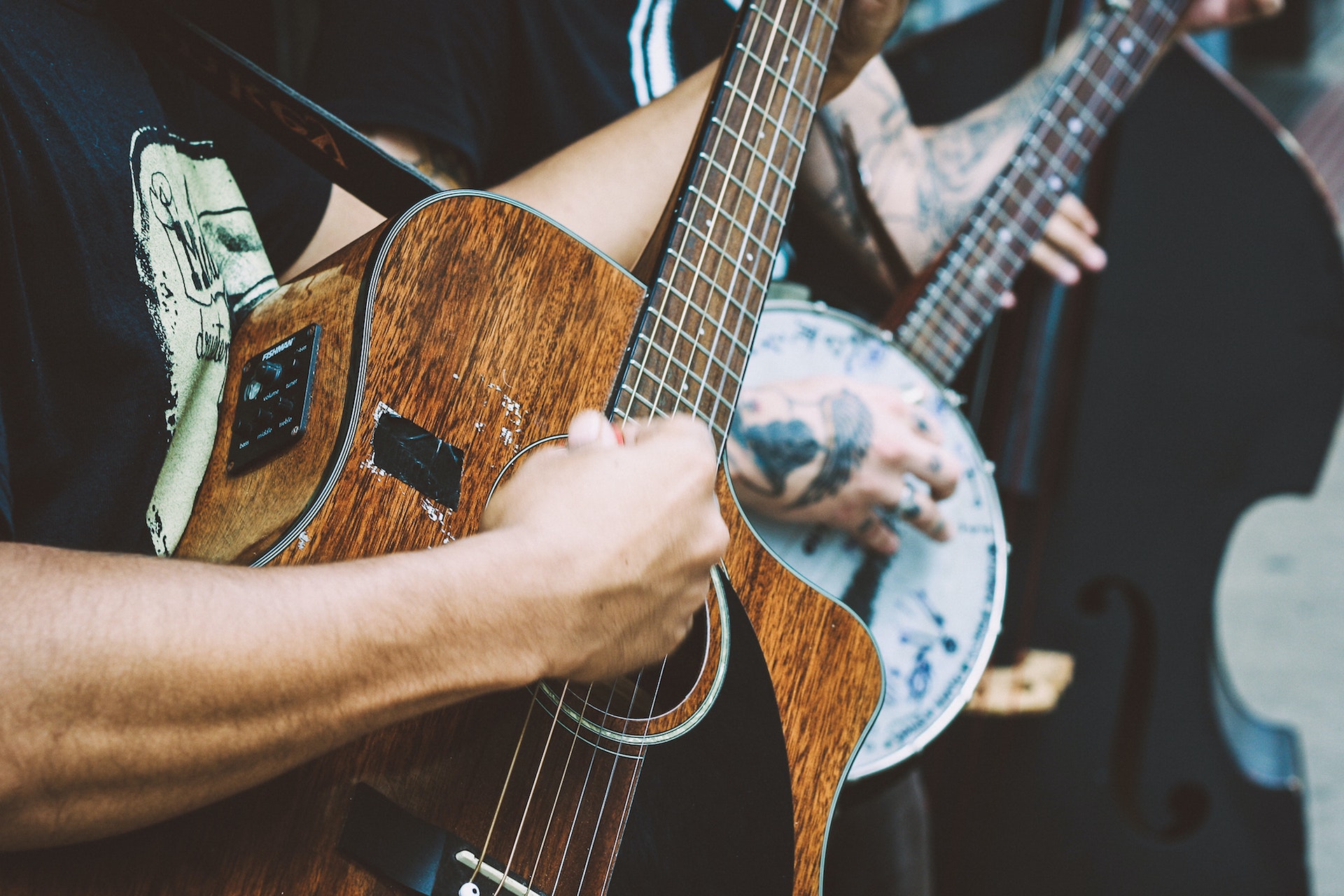As a very experienced teacher (Scoil Samhraidh Willie Clancy, The Irish World Academy, OAIM), what kind of advice do you usually give to people who have just taken up the uilleann pipes?
For people who have just taken up the pipes the first piece of advice I always give them is pipes squeak. Uilleann pipes make weird noises from time to time and that’s part of the charm. Forgive yourself, be patient with yourself, don’t let perfection bully good.
The instrument has its own personality. Every single instrument has its own personality, its own mood, its own mood swings, and we’re always challenged to play with the instrument, to play in harmony, for want of a better way of putting it, with the mood of the instrument. And that can be difficult because the mood of the instrument can change from time to time. So we have to be in the right frame of mind. The most important thing starting the pipes is to be gentle and patient with yourself. After that, don’t neglect the small things.
I have a code for pipers, the ‘ABCD of Piping’ and it’s probably not fit for a general audience so I will not go into detail with it here because those letters ABCD they correspond to particular words. Out of context they will make no sense, but the main thing when you’re starting the pipes is to be patient with yourself, the pipes squeak, don’t be so hard on yourself that you put them away.
The second thing I would say is never put the pipes away! If you’re at home and you leave them in the case, in the box, you have to take them out again the next time you wanna play. You have to strap them on, you have to go through that process of assembling the instrument. So rather than do that, leave them somewhere safe, up high where the pets or the children or whatever can’t interfere with them. Then lift them down and strap them on. It’s one less barrier to overcome.
The third thing I’d say, if they’re not going right, you’re not going right, walk away. Go get a cup of tea, do something else for 15 minutes and then try again and you know if it’s still not working that’s it leave it at that for today and come back to them tomorrow. That’s maybe maybe the main things I’d say, you know. Be patient with yourself, leave them somewhere accessible, and if it’s not going right, don’t get frustrated walk away. Don’t let yourself get angry about it, it’s meant to be fun. Come back to them when you’re in a better frame of mind.





